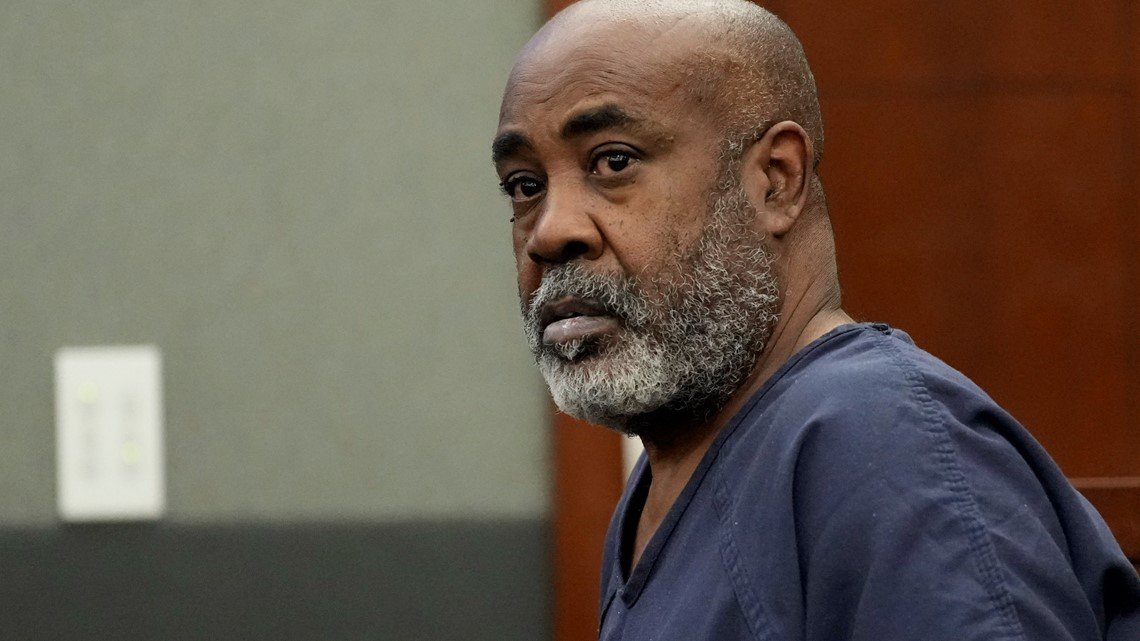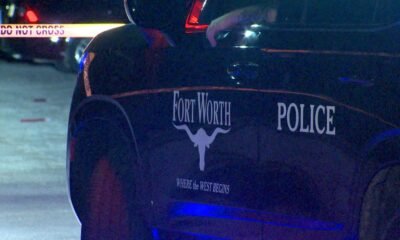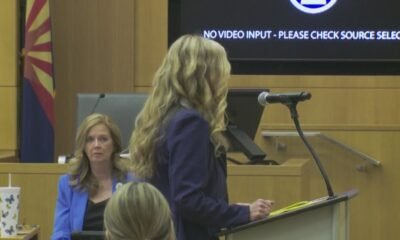cct-tracking
Suspect in Tupac Shakur Murder Case Pushes for Trial Delay, Unveiling New Witnesses

LAS VEGAS — The ongoing legal battle surrounding Tupac Shakur’s notorious killing continues, with attorneys for Duane “Keffe D” Davis, the primary suspect in the case, seeking to postpone the trial scheduled for next month. The defense argues that additional time is required for a thorough investigation to ensure a fair trial.
In a motion submitted to a Nevada court on Friday, the defense emphasized the need to explore new leads, including interviews with potential witnesses who can allegedly confirm that Davis was not present in Las Vegas during the 1996 shooting. This assertion aligns with claims that the shooting may have been orchestrated by someone else.
The defense’s filing states that crucial developments have emerged, indicating the necessity of gathering testimonies from identified witnesses. A hearing is set for Tuesday to determine the trial’s future timeline, which is currently slated to commence in March.
Carl Arnold, leading the defense team, articulated the importance of revisiting longstanding allegations, highlighting that significant evidence remains unexamined. “Every new piece of evidence sheds light on the complexity of this case,” he stated.
On the night of the incident, Shakur was riding in a BMW with Death Row Records founder Marion “Suge” Knight when gunfire erupted from a white Cadillac that approached them at a red light.
Davis, a former gang leader, faces first-degree murder charges and has been in custody since his arrest in September 2023. Despite being among the initial four suspects identified, he stands as the only individual formally charged in connection with Shakur’s murder.
The defense contends that Davis’s past immunity agreements with authorities should have shielded him from prosecution. However, prosecutors maintain that any such agreements were limited and assert the existence of substantial evidence, including Davis’s own confessions in his memoir, “Compton Street Legend.”
While Davis has admitted to providing the weapon used in the shooting and his presence during the event, his legal representation argues that his statements in the memoir were made for entertainment purposes and financial gain.
Furthermore, defense attorneys have obtained witness information suggesting that Shakur was stable after the shooting and that his death occurred unexpectedly following a week in the hospital. They are consulting medical and forensic experts to investigate alternative causes of death.


















